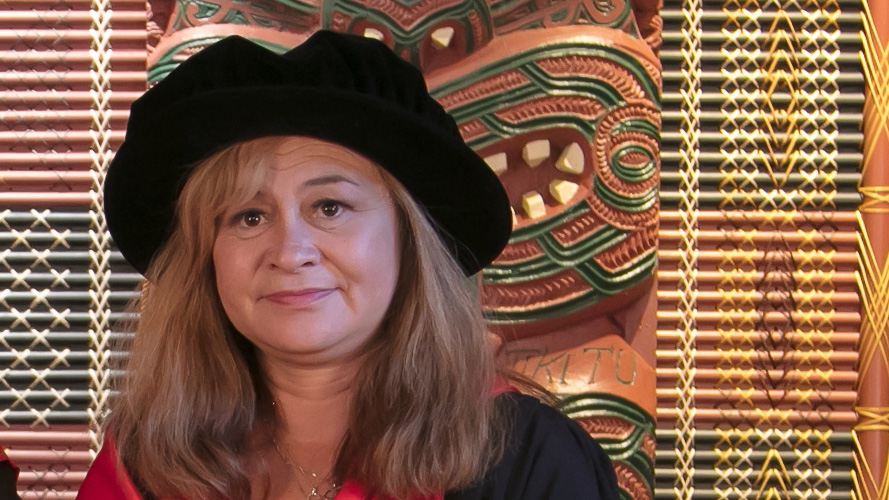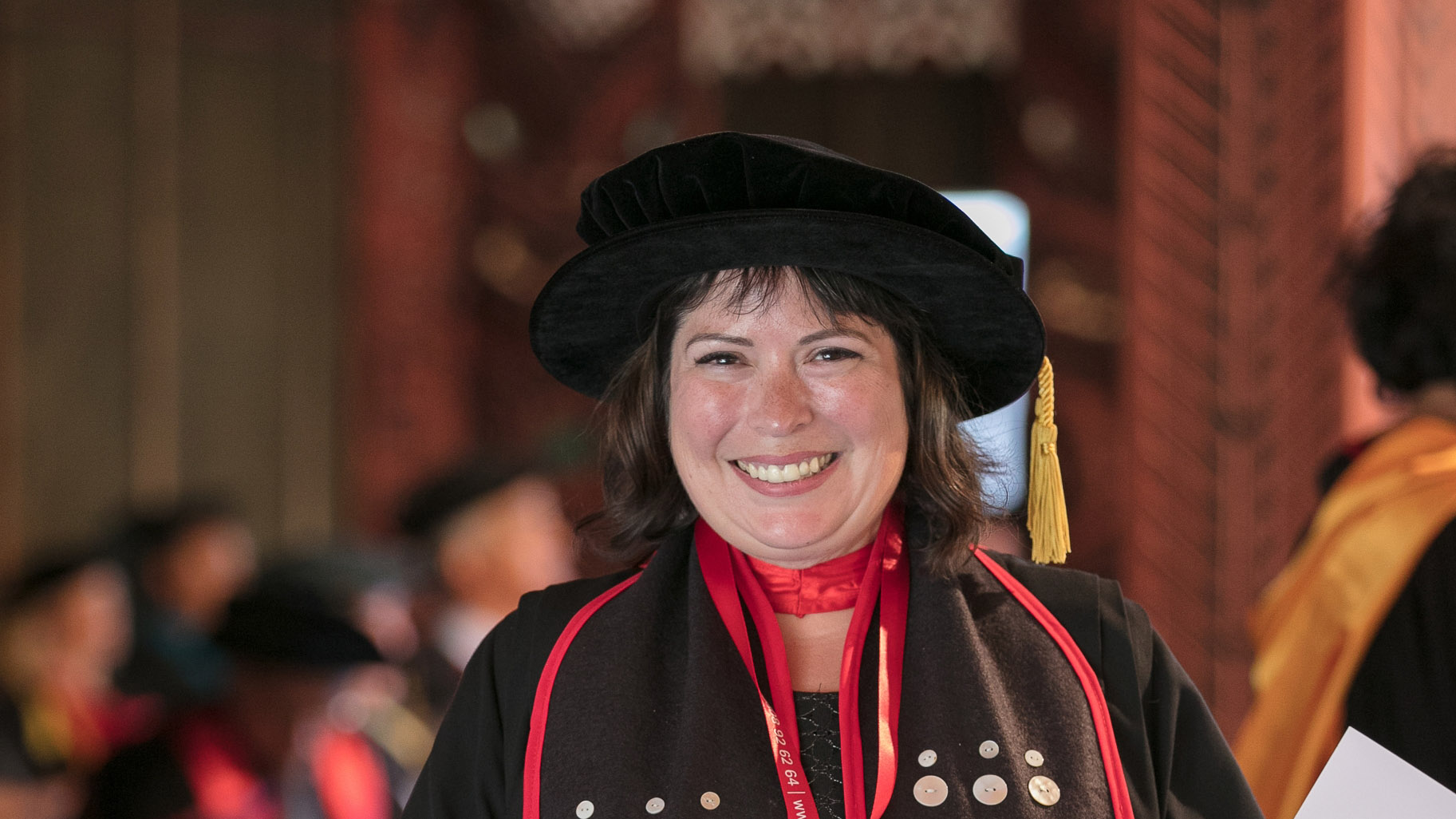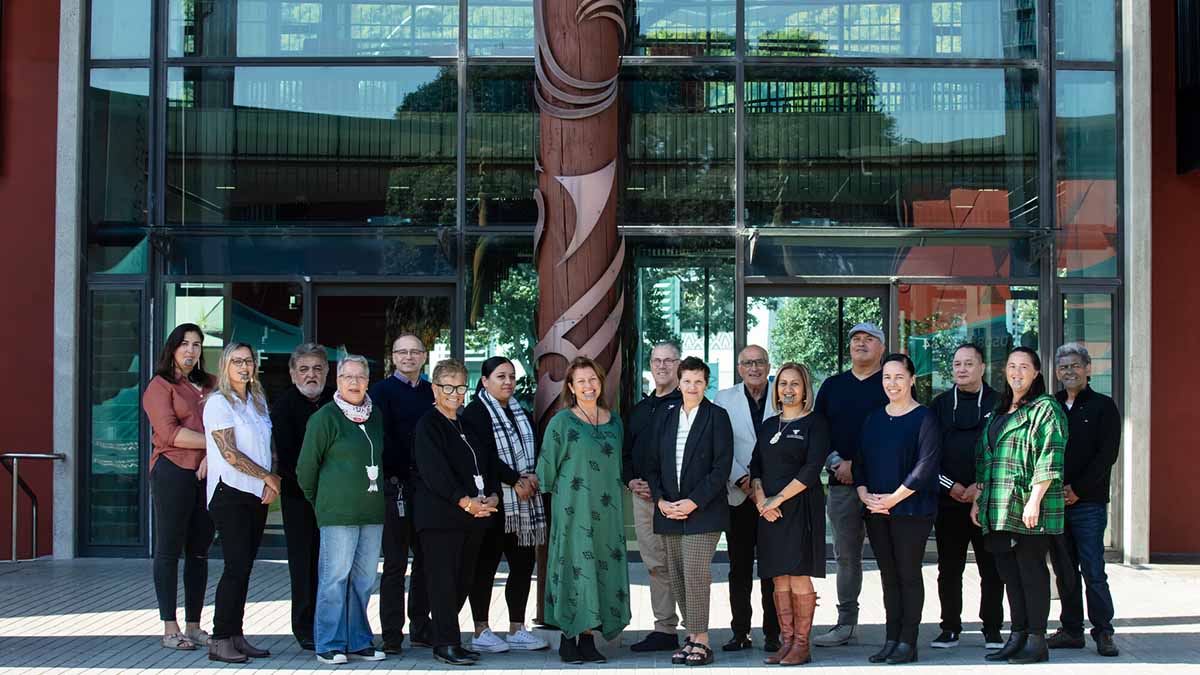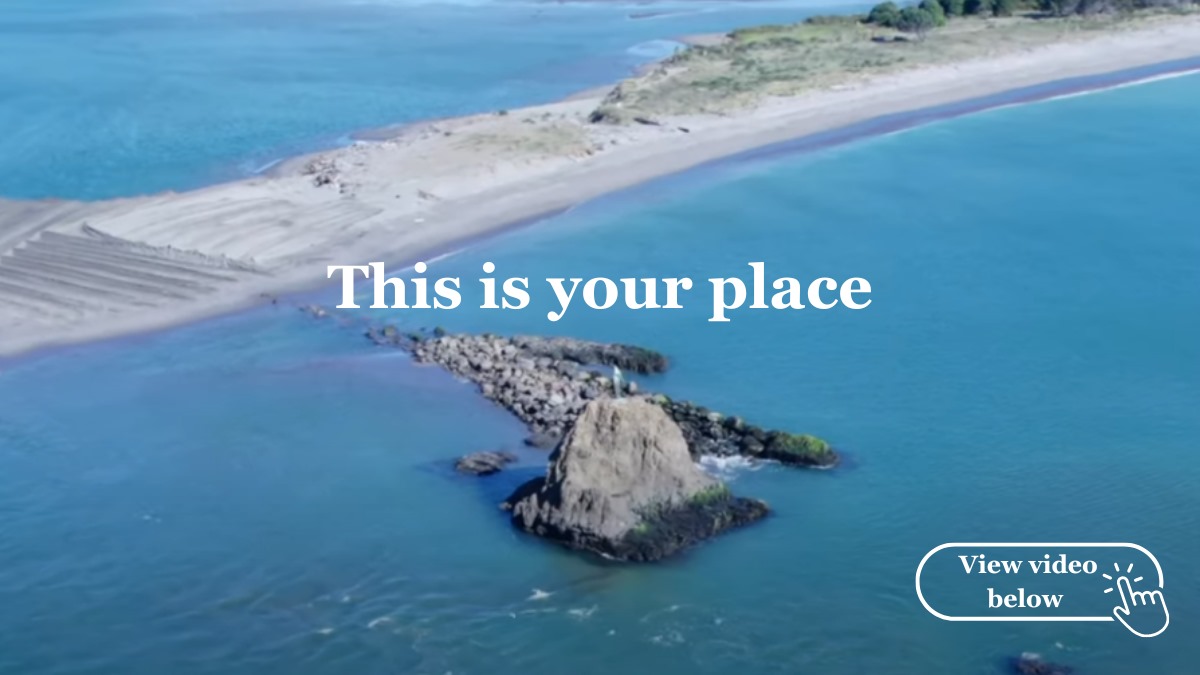Professional Doctorate Degrees
Doctor of Māori Development and Advancement (MDA)/ Doctor of Indigenous Development and Advancement (IDA)
These two doctoral degrees are designed specifically for students in professional areas. These are degrees that consider the working experiences of its student body and encourages them to consider how their research can contribute to the tribal, community and indigenous organisations within which they are located.
Doctorate degrees are globally recognised postgraduate research degrees at the highest level.
This professional aspect also means that students will require support from their profession/community and/or tribal/hapū/iwi bodies. It is anticipated that students who enrol in this degree are at the top of their professional careers.
The point of difference between the two degrees is the target audience. The Doctor of Indigenous Development and Advancement (IDA) is primarily for those who work in an indigenous context or have a responsibility for indigenous aspects within their employment, including international students. The Doctor of Māori Development and Advancement (MDA) is primarily for those who are employed within Māori organisations, for example iwi or government context.
The minimum period of enrolment for the MDA/IDA degrees is three years, although it is highly likely that students will complete the programme in four. In extenuating circumstances, students may be granted an extra year to complete their thesis. Students undertake two years of coursework (4 papers), which is designed to contribute to the doctoral thesis. The final part of the degree is the thesis, which is examined and defended orally before an examination committee represented by a neutral convener appointed by the Doctoral Research Committee, one examiner from Te Whare Wānanga o Awanuiārangi (not involved in the candidate’s research) and two external examiners, one of whom will normally be (where appropriate) internationally located.
Visit the Careers NZ website for more information on this qualification.
Dates
Intake 1: 03 Feb to 30 Jun 2025, Intake 2: 01 Jul to 19 Dec 2025, thesis intake 1: 03 Feb 2025 to 19 Dec 2025, thesis intake 2: 01 Jul 2025 to 30 Jun 2026Duration
4 years (2 years part-time taught papers + 2 years thesis)Commitment
Blended learning including noho, wānanga, online learning and self-directed learningApplications close
Domestic & International: intake 1: Jan 2025, intake 2: Jun 2025Locations
Nationally & internationally – Wānanga/Noho Marae locations: Whakatāne, Hamilton, Wellington (subject to NZQA approval), Taranaki (subject to NZQA approval) and international (currently Washington State and Hawaii)Requirements
Selection process overseen by Doctoral Research CommitteePathway to
View link for detailsFees
2025 Fees, Domestic: $6764.00 per enrolled year, International: USD18,000.00 (note: fees are updated annually)Thesis (240 credits)
The thesis embodies the results obtained by a candidate in an investigation relating to some part of the subject of specialisation as outlined in the student's research proposal and as supervised by the Supervisor. The following core thesis papers are available:
IDA1000 Thesis (Indigenous Studies)
MDA1000 Thesis (Māori Studies)
COURSES (30 credits)
IDA1001 Advanced Directed Study in Selected Discipline/ MDA1001 Advanced Directed Study in Selected Discipline
Course Type: Core
Description: This course prepares students to engage with related texts that will enable them to undertake a comprehensive and coherent literature review in the field of Māori studies.
IDA1002 Advanced Research Methodology/ MDA1002 Advanced Research Methodology
Course Type: Core
Description: This course examines research philosophies and practices in terms of their contribution to Māori and Indigenous scholarship.
IDA1003 Advanced Research Techniques and Methods/ MDA1003 Advanced Research Techniques and Methods
Course Type: Core
Description: This course examines research design and techniques as a means to expand students knowledge and understanding about the different available research methods and their applicability to indigenous scholarship.
IDA1004 Advanced Research Portfolio/ MDA1004 Advanced Research Portfolio
Course Type: Core
Description: This course is the practical interpretation of research methodology and research technique theory courses. Students will draw from their involvement in the Methodology, Methods and Selected Discipline papers to produce a research proposal and associated ethics application.
Ngā korero a ngā tauira
Student's voice
Tomo mai ki Awanuiārangi
Experience Awanuiārangi
Whakapā mai/Contact us
Professor Mera Penehira
- Email: mera.penehira@wananga.ac.nz
Professor Alison Green
- Phone: 027 278 1719
- Email: alison.green@wananga.ac.nz
Assoc. Prof Miriama Postlethwaite
- Phone: 027 306 1627
- Email: miriama.postlethwaite@wananga.ac.nz
Awanui Perese
- Phone: 07 306 3346 or 027 587 1491
- Email: awanui.perese@wananga.ac.nz
Ange Craig
- Phone: 07 306 3367
- Email: ange.craig@wananga.ac.nz
Interested? Make an enquiry
We will email you an info pack




